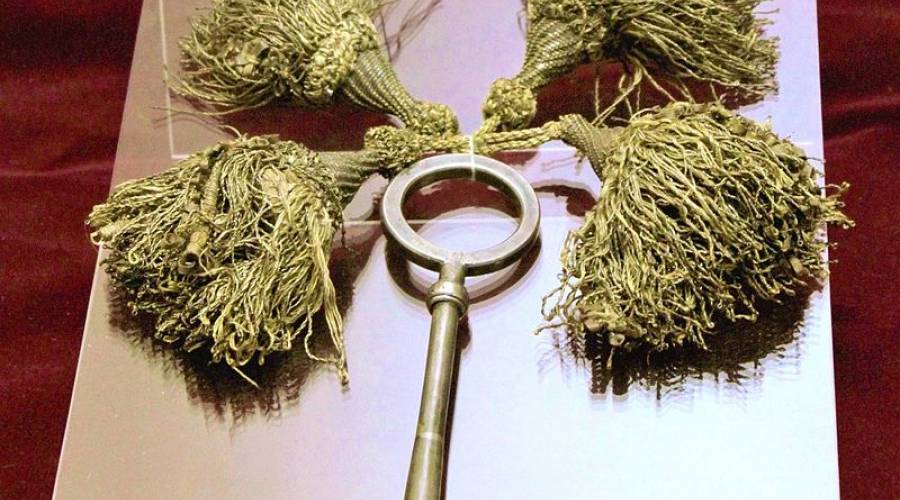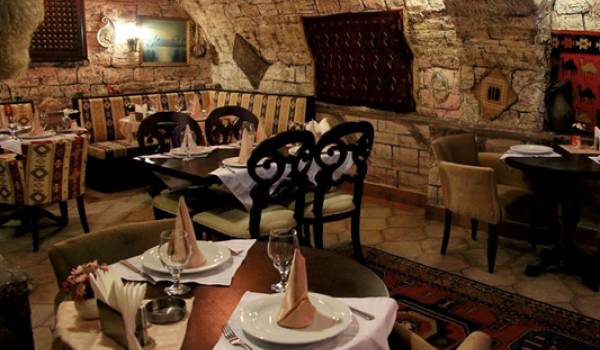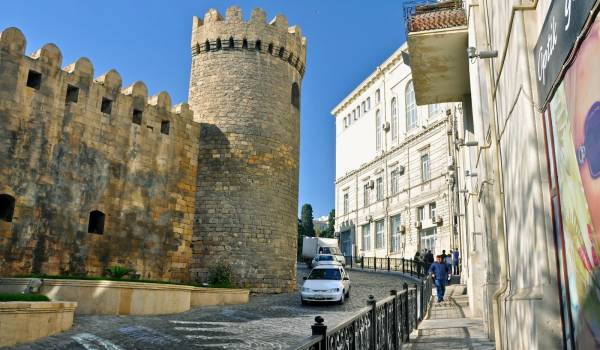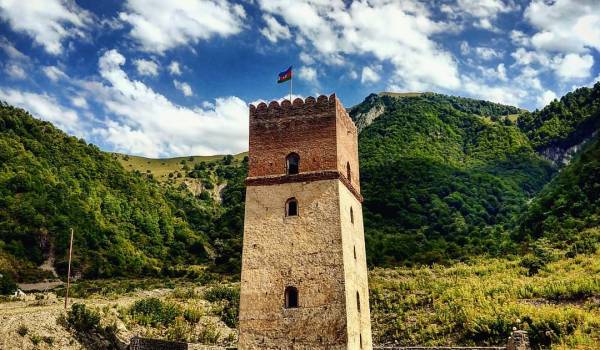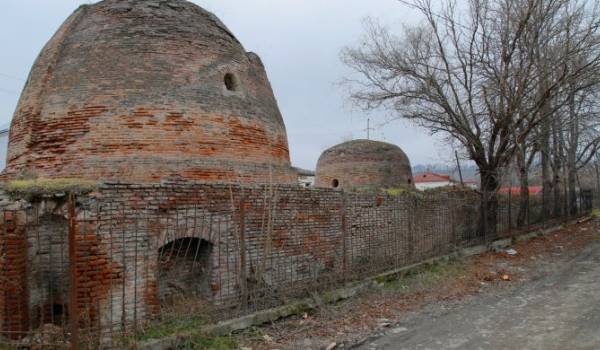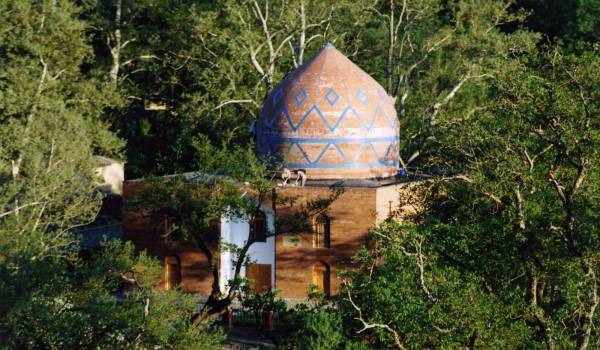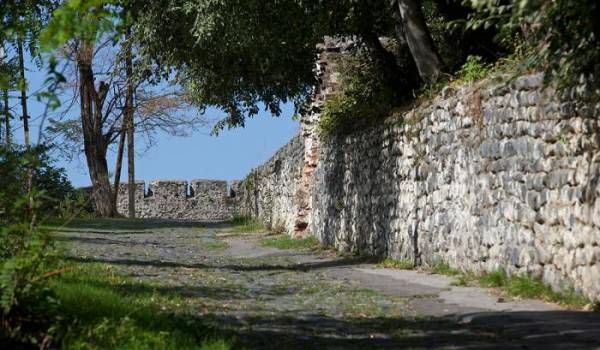History of Shusha
Karabakh is a charming land that reflects the unique beauty of Azerbaijani nature, the material and cultural heritage of the Azerbaijani people, ancient customs, and traditions. Surrounded by rugged mountains and dense forests, Shusha, the heart of this region, has a rich and glorious history.
The ancient settlements around Shusha, including the Shusha cave in the famous Jidir plain, prove that these places are one of the oldest human camps in Azerbaijan. During archeological excavations in the Shusha cave camp in the 70s of the XX century, stone tools belonging to the Paleolithic period were found here. These territories are an integral part of the historical lands of Azerbaijan - the Median state, Caucasian Albania, the Karabakh Khanate.
Besides being one of the symbols of Azerbaijani history and culture, Shusha is also of strategic importance, as it is located on the road leading to Khankendi, the largest city in Upper Karabakh.
Shusha, founded by Karabakh Khan Penahali in 1752, has numerous historical monuments, and many distinguished scientists, intellectuals, and cultural icons were born here.
National leader Heydar Aliyev termed Shusha “a holy city, castle, and monument" not only for the people of Shusha but for all Azerbaijanis.
Located at an altitude of 1,300-1,600 meters above sea level, Shusha also stands out for its natural beauty.
Famous for its healing springs, it was among the towns that welcomed most tourists in the region during the Soviet era.
The Jidir Plain (Cıdır Düzü ) in its southern part, surrounded by forests and numerous promenades, hosted horse races, festivals, and other sports events for many years.
Shusha was one of the main targets of the Armenians. They first occupied Khankendi in 1991. On Feb. 26, 1992, the town of Khojaly fell into their hands, and then Shusha on May 8, 1992.
The occupation, where 20,000 Azerbaijanis lived, also caused a loss to the Azerbaijani economy and culture. While thousands of people were forced to leave their homeland, more than 300 historical monuments were also destroyed.
He was released from occupation by the Azerbaijani Armed Forces on November 8, 2020. President of the Republic of Azerbaijan Ilham Aliyev declared it the capital of Azerbaijani culture and the Blue Nightingale became a symbol of Karabakh's freedom.

